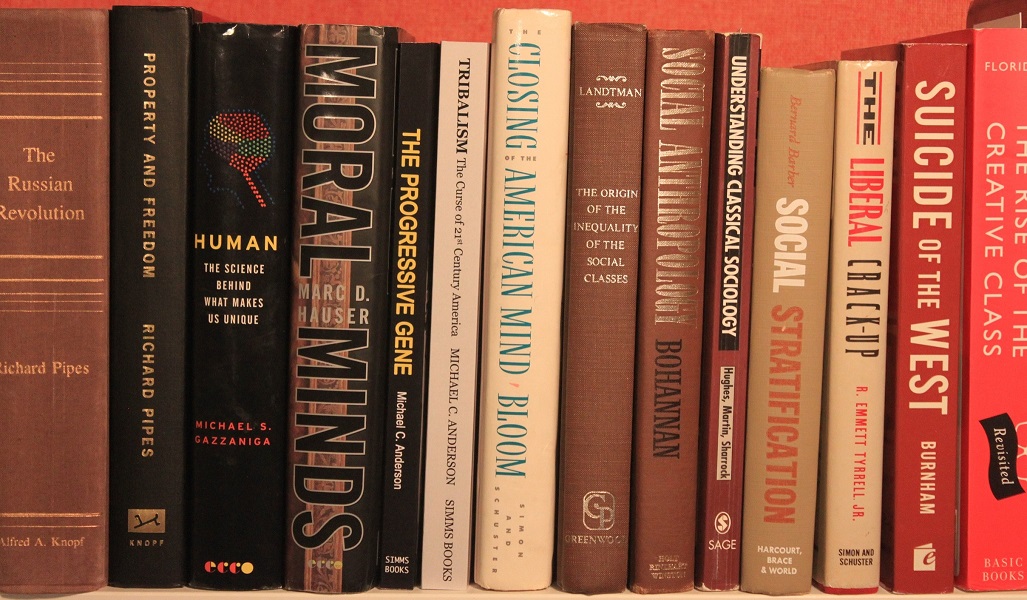A study from 2018 was conducted to identify the political beliefs of the American people below the surface of their party affiliation. In other words, what are the psychological and emotional feelings that place them within a particular political ideology?
Progressive activists
(8% of the adult population 20.2 million)
are eighty percent white and likely have college degrees. They feel secure
about themselves, most likely because they don’t have money problems. They have
an aggressive approach to correcting the defects they see in American society,
based on a high sensitivity to fairness and equality. They don’t mention
Tribalism as a concern perhaps because they understand achieving social justice
is difficult and controversial.
Traditional Liberals (11% of the adult population 27.8 million) are seventy-six percent white and
likely have a college education. They reflect the liberal views of the Baby
Boomer generation and support social justice with less enthusiasm than Progressive
Activists do. Traditional Liberals observe Tribalism and believe it’s solution
lies in America healing as a nation through tolerance of different points of
view and compromise where necessary. Seventy five percent say freedom and
equality are important to them.
Passive Liberals (15% of the adult population 37.9 million) are only weakly engaged in politics,
but have a modern view of social issues when pushed to state their positions.
This group feels isolated and alienated from their community. Seventy-two
percent are not registered to vote and two-thirds do not have a college degree.
They generally believe events in their lives are outside of their control.
Fifty percent say the world is becoming a more dangerous place. Fifty-nine
percent are female. Eighty-six percent try to avoid situations were there could
be arguments.
The Politically
Disengaged (26% of the adult population
65.8 million) tend to be lower income and are not engaged in politics. Forty-one percent make less than $
30,000 per year. They are more anxious than Passive Liberals about external
threats and are reluctant to discuss differences with others. They are
extremely pessimistic about resolving Tribalism. Thirty-two percent say that
the differences between Americans are too big to resolve.
Moderates (15% of the adult population 37.9 million) represent the political middle of the
road. They are involved in their communities, volunteer, and are engaged in
current affairs. This group is very troubled by Tribalism. Moderates dislike
the extremism that exists at both ends of the political spectrum. They feel the
American identity is slipping away. Eighty-nine percent feel that political
correctness has gone too far. Sixty percent are over 45.
Traditional
Conservatives (19% of the adult population
48 million) feel that America’s
foundations are under attack from a liberal political culture that emphasizes
diversity and downplays American accomplishments. Seventy-nine percent are
white. Only forty-seven percent say America is rigged to favor the rich. Traditional
Conservatives are open to discussing bipartisan solutions to America’s
problems.
Devoted Conservatives
(6% of the adult population 15.2 million)
are the equivalent of the Progressive Activists at the other end of the
political spectrum. Like their cousins, they are happy and secure in life. They
see American traditions under assault and feel forced to accept Liberal dogma.
This group is 88% white, 34% over 65 years of age, and 63% opposed to
compromise on traditional values.
Several interesting facts emerge from these results.
1. The radical Left is only 8% of the population yet they exert an enormous influence through Academia and the media.
2. There are 37.9 million passive liberals who are not engaged in politics.
3. The are 65.8 million disengaged Americans who are disconnected from politics completely.
4. Devoted conservatives will not compromise their beliefs for any reason.
5. The Radical Left and the Devoted Right are mainly white and wealthy. This suggests that they can hold to a rigid ideology because their lives are secure and they don't have to make any compromises.
This data was taken from Stephen Hawkins, Daniel Yudkin, Miriam Juan-Torres, and
Tim Dixon. Hidden Tribes: A Study of America’s Polarized
Landscape. (Publisher - More in Common, 2018)
